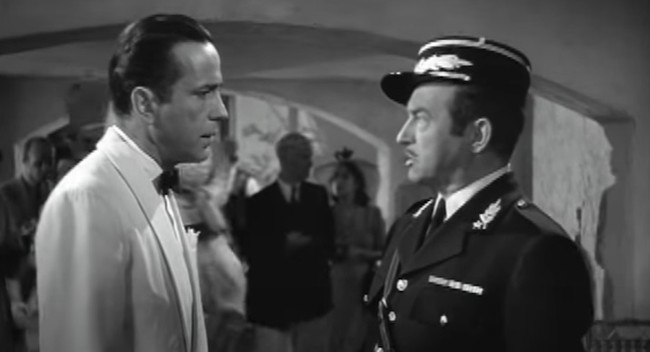
More than a century ago, the conspiracy to ‘throw’ the 1919 World Series shocked America and rattled confidence in the integrity of the game. Major League Baseball responded by banning all gambling and gamblers from the game, threatening lifetime suspensions for any player or coach connected to gambling in any way. The other sports leagues followed suit, and that bright line remained for nearly a century.
Of late, however, all of the major sports leagues have gotten into bed with casinos, especially online betting companies, which have become major sponsors of professional sports. Having lain down with these particular dogs, Major League Baseball now appears nonplussed to find that some of their stars may have gotten up with fleas. An expanding probe of suspicious play has landed one of the league’s elite closers on the suspension list, and more may be coming:
Cleveland Guardians All-Star closer Emmanuel Clase has been placed on non-disciplinary paid leave as part of a Major League Baseball investigation into sports betting.
Clase becomes the second Guardians pitcher to be placed on leave in connection with a sports gambling probe. Right-hander Luis Ortiz is on non-disciplinary leave through Aug. 31. …
The Ortiz investigation is related to in-game prop bets on two pitches thrown by the right-hander that received higher activity than usual during his starts at Seattle on June 15 and against St. Louis on June 27. The gambling activity on the pitches was flagged by a betting-integrity firm and forwarded to MLB.
Who bets on a pitch? The 1984 film The Natural, whose source novel was a much bleaker work inspired by disgraced 1919 Chicago Black Sox star Shoeless Joe Jackson, discussed micro-betting in a memorable scene. Gambler Gus Sands tells Roy Hobbs that he can bet on practically anything in the game, with the clear implication that he can insure his bets pay off. Hobbs has already replaced one of Sands’ insurance policies (an early feature role for the late Michael Madsen), and he tries throughout the film to get Hobbs to “play ball,” as it were.
So micro-betting is nothing new, although MLB commissioner Rob Manfred wants to pretend he’s shocked, shocked at this development:
Major League Baseball on Monday placed the Cleveland Guardians’ star closer, Emmanuel Clase, on nondisciplinary paid leave as part of an ongoing investigation into “spot-fixing” allegations involving his teammate, starting pitcher Luis Ortiz. Sportsbooks had identified unusual wagering activity on two of Ortiz’s pitches this season being a ball. He threw both far outside the strike zone, prompting the probe. …
Fears around spot-fixing, however, are growing. At the All-Star Game in mid-July, MLB commissioner Rob Manfred expressed concerns about so-called “microbets,” like the ones at the heart of the investigation into Clase and Ortiz.
“There are certain types of bets,” Manfred said, “that strike me as unnecessary and particularly vulnerable.”
Come on, man. Are we to believe that the commissioner of one of the most lucrative sports leagues in the world was unaware of micro-betting when he started partnering with betting platforms and casinos?
It’s not just MLB, either. The NBA has its own issues with gambling in the sponsoring casinos:
In January, The Wall Street Journal reported that the same federal prosecutors investigating Porter were also looking into whether veteran Miami Heat guard Terry Rozier had participated in a similar scheme. Earlier this month, the inquiry expanded to include three-point specialist Malik Beasley. Rozier has made more than $130 million in salary over the course of his career, while Beasley was on the verge of signing a $42 million contract of his own.
Lay down with dogs, get up with fleas.
That’s not to say that players didn’t get caught up with gamblers before the sports leagues started partnering with casinos as sponsors. However, the bright lines acted as a deterrent for most players, and the examples set reinforced the distance that sports leagues kept from corrupting influences. There is no small amount of irony in the decision to keep Pete Rose on the DQ list for his gambling activities long after MLB started taking money from gaming companies. His long exclusion was intended to keep fans confident in the integrity of the game at the same time that its execs had decided that partnering with gamblers didn’t impact consumer confidence at all.
How’s that working out for these leagues now?
For all of these execs who are shocked, shocked to see their employees responding to the signals they keep sending, I give what may be the most literal Captain Louis Renault Awards yet. Perhaps the leagues will once again decide whether integrity matters more than money in sports competition. Or perhaps they already have.











